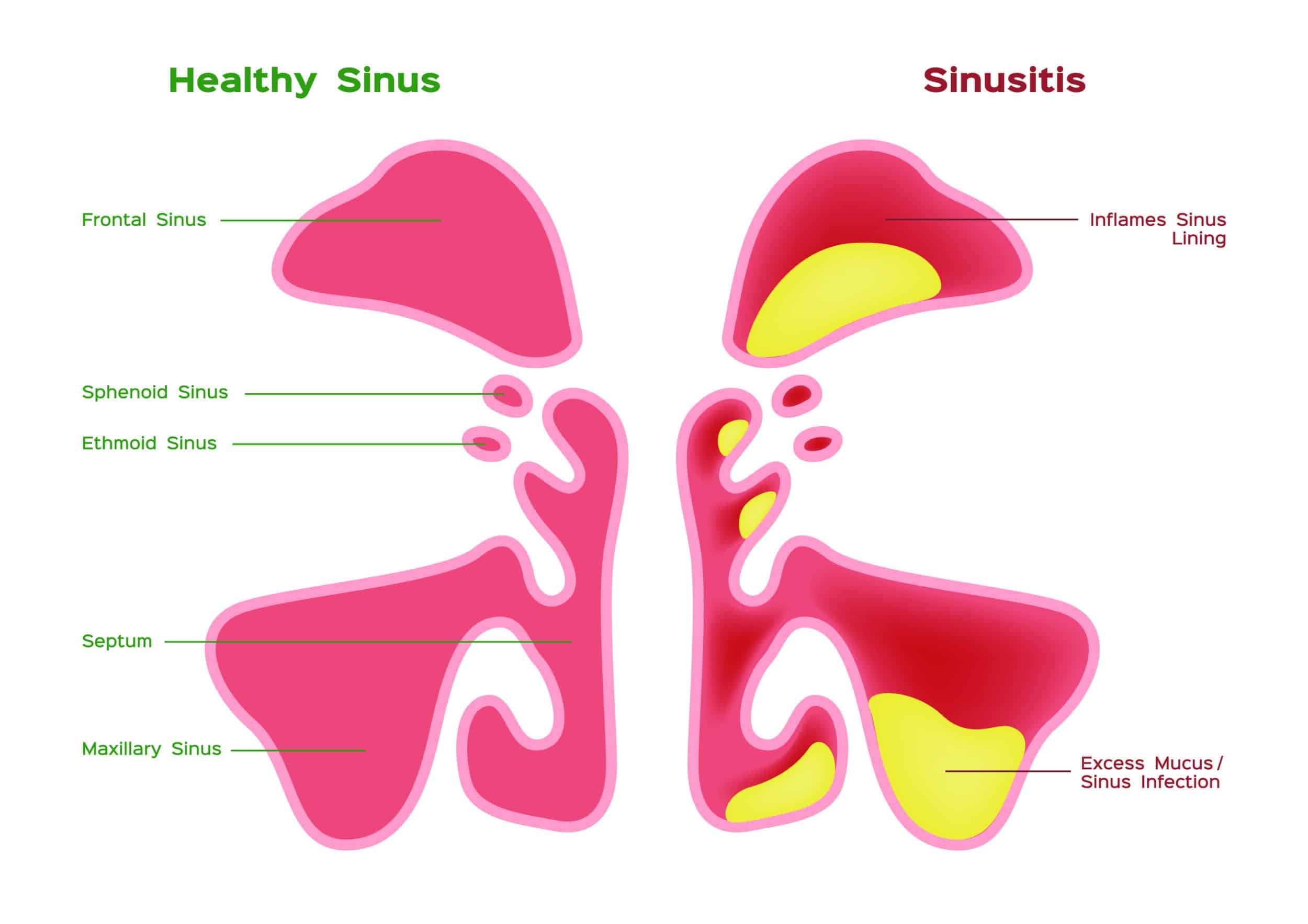Dentist That Does Extractions: Fast Relief Today
The mere mention of tooth extractions can evoke a sense of apprehension in many individuals. However, there are situations where this procedure becomes unavoidable due to severe tooth decay, gum disease, or impaction. If you’re facing such a predicament and are in dire need of a dentist who can perform extractions, rest assured that there are professionals equipped with the latest technology and techniques to provide fast and effective relief.
Identifying the Need for Extraction
Before delving into the process of finding the right dentist, it’s crucial to understand when an extraction becomes necessary. This decision is typically made after a thorough examination by a dental professional. Common reasons for tooth extractions include:
- Severe Tooth Decay: When a tooth is decayed to the point where filling or crowning is no longer viable.
- Impacted Teeth: Teeth that do not have enough space to grow in normally or which grow in at an awkward angle, often applying pressure on surrounding teeth and potentially causing pain and damage.
- Gum Disease: Advanced gum disease can lead to teeth becoming loose, necessitating extraction to prevent infection spread.
- Preparation for Orthodontic Treatment: In some cases, teeth may need to be removed to make space for proper alignment during orthodontic procedures.
Key Considerations When Selecting a Dentist for Extractions
Finding the right dentist is paramount for a comfortable and successful extraction procedure. Here are key factors to consider:
- Experience and Credentials: Look for a dentist with extensive experience in performing extractions. Ensure they are licensed and possibly a member of professional dental associations.
- Technology and Equipment: A practice equipped with modern dental technology can offer more precise and less invasive procedures.
- Patient Reviews and Reputation: Reading reviews from previous patients can give insights into the dentist’s professionalism, bedside manner, and the overall quality of care provided.
- Insurance Coverage and Costs: Understand the costs associated with the procedure and whether your insurance plan covers it.
- Emergency Services: The ability to provide emergency services is a bonus, especially if you’re dealing with sudden severe pain or trauma.
The Extraction Procedure
While the specifics can vary depending on whether you’re undergoing a simple or surgical extraction, here is a general overview of what you might expect:
- Preparation: This includes an initial consultation and examination, possibly followed by X-rays. You will be advised on any necessary preparations, such as fasting before the procedure if sedation is to be used.
- Anesthesia: To ensure your comfort, local anesthesia is used to numb the area. For more complex cases or anxious patients, sedation dentistry may be an option.
- Extraction: The dentist will then perform the extraction, which might involve sectioning the tooth for easier removal in the case of impacted teeth.
- Post-Extraction Care: After the procedure, you’ll receive instructions on how to care for the extraction site to promote healing and reduce the risk of complications.
Addressing Anxiety and Fear
It’s completely normal to feel apprehensive about dental procedures. Many dentists now offer various options to help patients relax, including:
- Sedation Dentistry: This can range from mild relaxation to being asleep during the procedure, depending on the type and level of sedation used.
- Conscious Sedation: Allows you to be awake but relaxed during the procedure.
- Local Anesthesia: Numbs the area so you don’t feel pain during the extraction.
FAQs
What to Expect After a Tooth Extraction?
+After a tooth extraction, it's normal to experience some discomfort, swelling, and possibly minor bleeding. Your dentist will provide detailed instructions on post-extraction care, including pain management, dietary advice, and when to resume normal activities.
Are Tooth Extractions Painful?
+Thanks to modern anesthesia and dental techniques, the actual process of tooth extraction is typically painless. You might feel pressure but should not experience pain. Any discomfort afterwards can usually be managed with over-the-counter pain medications.
How to Find a Good Dentist for Extractions?
+Researching online, asking for referrals from friends or family, and checking professional credentials are good starting points. Ensure the dentist has experience with extractions and is equipped to handle any complications that might arise.
In conclusion, while tooth extractions might seem daunting, advancements in dental care have made the process significantly more comfortable and efficient. By understanding your needs, finding the right dentist, and being prepared for the procedure and aftercare, you can navigate this experience with confidence, looking forward to fast relief from discomfort and a healthier smile. Remember, a proficient dentist who cares about your comfort and well-being is just the first step towards achieving dental health and happiness.


